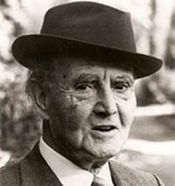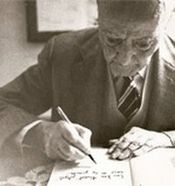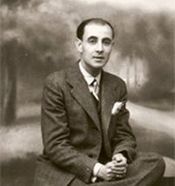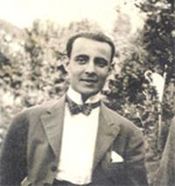pilarín bayés and the poet J.V. Foix
08/11/2011
 Il·lustrat per Pilarín Bayés, l’editorial Alrevés acaba de publicar un conte més de la gata Marga: La gata Marga i el poema oblidat. Una aventura pel barri de Sarrià.
Il·lustrat per Pilarín Bayés, l’editorial Alrevés acaba de publicar un conte més de la gata Marga: La gata Marga i el poema oblidat. Una aventura pel barri de Sarrià.
Convidada a un berenar poètic organitzat pel seu amic Tortell, ni la gata ni ell no recorden la lletra del poema “És quan dormo que hi veig clar”. Ni tan sols en Foix, a qui han fet venir amb un ordinador especial.
More information
Publishing house: Alrevés
Illustrations: Pilarín Bayés
Text: Núria Parera









































